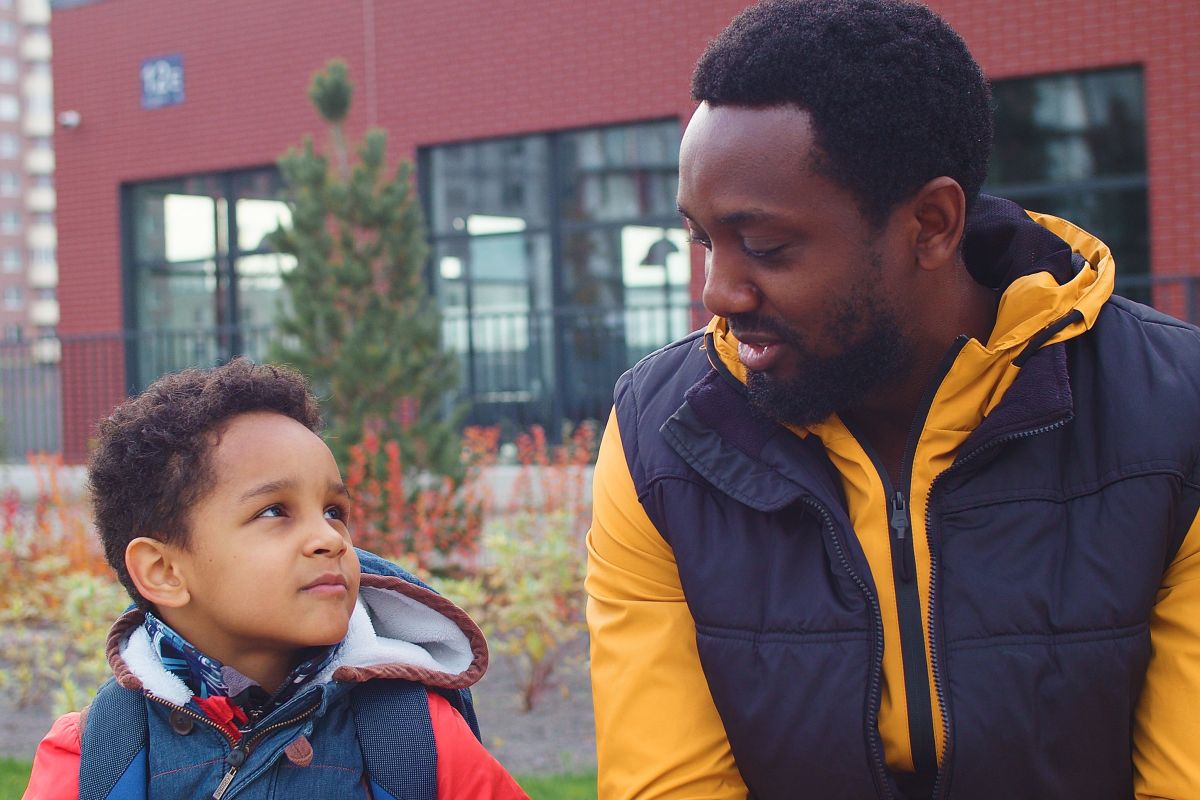When you and your children make a plan, do you ever find it doesn’t work the way it should? 
Your child doesn’t hold up their end? They agree to everything, but don’t do it in the end?
We cover the Unparenting principle of working things out in Week 1 of the course, which is all about communication. We give you a communication technique that will help you and your child out in any situation so what you say won’t go in one ear and out the other, but instead, they’ll start listening to you and wanting to help find a solution. You’ll learn to work things out together for real instead of arguing or cajoling them into your point of view.
We’ll talk about the most common mistakes parents make when trying to work something out or come up with a plan with their children. That way you’ll know what not to do and how to avoid bringing hidden manipulation, emotional blackmail, or needless concessions into your communication – those common strategies parents use (often unconsciously) but that prove ineffective in the end.
Do they resist when you want them to follow through with what you agreed on?
In the week on trust, you will find a communication technique for when your child is resisting, arguing, or crying and refusing to budge.
You’ll learn to handle a situation like that without having to repeat yourself or yell.
As a convenient side effect, this new technique also promotes trust between you. So even those tense moments can end up strengthening your relationship instead of hurting it.
What if your child wants the exact opposite of what you want and there is no working it out?
The course covers how to avoid getting stuck in a dead end where “it just won’t work” and how to find a solution that works for both of you instead.
In the rare situation where there is genuinely no other choice and your child is sad or angry that they can’t get what they want, you can use the communication technique you learned in the week on trust to get through it together. No emotional outbursts and no despair that your children don’t respect you.
You want to work something out with your child, but they just sit there and won’t talk. Or they only say, “I don’t know.” You ask questions and make suggestions, but you get nothing in response.
In the week on communication, you will learn how to respond so your child is less reluctant to engage and you can start truly communicating. Maybe you have established patterns of communication between you that are preventing you from working things out effectively. The experiential audio sessions will help you uncover many of those unhelpful patterns. You’ll experience for yourself why communication between parents and children often breaks down. After that, you’ll be able to work on changing things.
If you have a baby or toddler who isn’t talking yet, the Expansion for Little Ones contains lots of practical tips for how to get an answer even from the youngest of children. They might not talk in words, but they communicate with you in many other ways. We’ll look at specific examples to show what we mean.
We’ll go over how to understand their reactions (crying, struggling) and how to make it through all those necessary but unpleasant things like changing diapers, clipping nails, washing hair and so on.
Have you gotten stuck in some situation with your child (cleaning up, brushing teeth) and you don’t know how to get out of it:
Do you explain why it’s important, talk in a calm voice, and make suggestions, all to no effect?
Maybe you’re running out of ideas and wondering if anything will work on your child. Hoping you’re not going to have to keep fighting over brushing teeth until they’re 15. The sense of helplessness can be awful. Have you been there?
The course will show you how to communicate differently and start finding solutions together even for these “problem” areas that might currently have you tying yourself in knots every evening.
Sometimes the answer lies in not trying so hard and getting your child involved instead. When they see that they’re being taken seriously, it’s surprising how well they can start being a team player. The key is to truly get them engaged and take them seriously, not simply pressuring and cajoling them into submission.
The first week of the course goes over how to make sure your child feels heard, engaged, and motivated to work with you. You’ll spend the rest of the course building on those initial parenting skills.
To help you along the way we have prepared powerful audio experiences from a child’s perspective and experiential techniques. They are an important component of the course and guide you in getting comfortable using this new communication style with your children.
This doesn’t mean just repeating phrases you heard in the course at home, but saying things that naturally flow out of your mouth and heart. As a result, your children will finally hear your words and take them to heart.
What now?
Look at other topics you’re interested in and keep on exploring the course.


